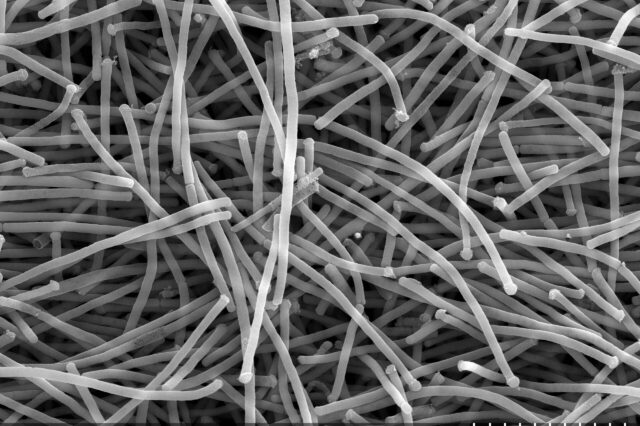UF Health researchers launch trial involving gut bacteria’s role in Type 1 diabetes

Graciela Lorca, Ph.D., was part of a University of Florida Health research team that discovered about a decade ago that something was amiss in the guts of diabetic rats.
Their intestinal tracts, which like humans are teaming with billions of microorganisms that aid digestion, had fewer numbers of a particular probiotic compared with the guts of healthy rats. Might that be helping those healthy rats stave off diabetes?
Lorca is now part of a team of UF Diabetes Institute researchers who have received two grants totaling $3.35 million to investigate whether this probiotic is safe when administered to people with Type 1 diabetes. The research also will examine whether the probiotic preserves insulin production in the pancreases of study participants.
The grants were awarded by the National Institutes of Health and the JDRF, formerly known as the Juvenile Diabetes Research Foundation.
Lorca and other researchers are recruiting 104 study participants ages 8 to 45 with Type 1 diabetes whose pancreases are still producing some insulin. Insulin helps regulate how the body uses and stores sugar and other nutrients for energy.
Type 1 diabetes is an autoimmune disease in which the body’s own immune defenses attack the insulin-producing beta cells of the pancreas.
“We’re very excited to get to this point,” said Lorca, a member of the UF Diabetes Institute and a professor in the Institute of Food and Agricultural Sciences’ department of microbiology and cell science. “We don’t expect to cure Type 1 diabetes. But we hope we might be able to one day improve the symptoms of those with the disease and maybe make their lifestyle easier” by preserving insulin production as long as possible.
Researchers, however, said it is important to note the study might show the probiotic, Lactobacillus johnsonii strain N6.2, has no impact on the disease.
Lactobacillus johnsonii is among the roughly 500 microbial species that can be found in human adults. They typically exist in symbiotic equilibrium with their host. But when that balance is upended, this microbiota can contribute to a variety of conditions, including inflammatory bowel disease and allergic diseases such as asthma and dermatitis.
In a rodent model study in 2010, Lorca and collaborators administered Lactobacillus isolated from Type 1 diabetes-resistant rats into the gut of rats predisposed to diabetes and found that it delayed or inhibited the disease.
“We recognize that many things that look fabulous in animal models do not play out in humans,” said Michael Haller, M.D., an endocrinologist and member of the UF Diabetes Institute who is working with Lorca on the project. “We are cautiously optimistic that Lactobacillus will offer benefits to our patients. However, we are careful to remind the diabetes community of our previous lessons in translating from mouse to man. We ultimately have to study humans to answer the questions of interest.”
In 2017, the team conducted a trial in healthy adults without diabetes and found that Lactobacillus johnsonii N6.2 is safe and well-tolerated in humans. What is especially encouraging to researchers is that they saw some of the same apparent effects of Lactobacillus johnsonii in rodents and humans. Most notable among those was a change in the ratios of two metabolites, kynurenine and tryptophan, which are ultimately beneficial to the immune system.
“That’s an effect we observe in animals that we saw again in humans,” said Lorca. “Previous research has shown changes in this ratio are very important for many autoimmune diseases.”
Also working with Lorca and Haller on the research are Mark Atkinson, Ph.D., director of the UF Diabetes Institute; Clive Wasserfall, Ph.D., a Diabetes Institute member and an assistant in the UF College of Medicine’s department of pathology, immunology and laboratory medicine; Claudio Gonzalez, Ph.D., an associate professor in the UF Institute of Food and Agricultural Sciences’ department of microbiology and cell science; Clayton Mathews, Ph.D., a Diabetes Institute member and a professor in the UF College of Medicine’s department of pathology, immunology and laboratory medicine; and Wendy Dahl, Ph.D., an associate professor in the UF Institute of Food and Agricultural Sciences’ department of food science and human nutrition.
Anyone who has had Type 1 diabetes three years or less and is interested in participating in the trial can call the study team at 352-273-5580 or email cintrm@peds.ufl.edu to learn about study requirements.
-30-
About the author
